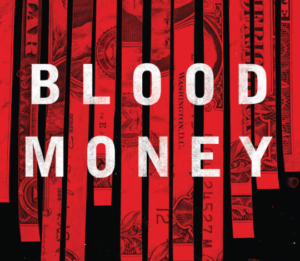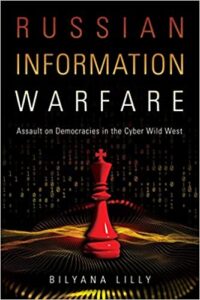Cyber Security Books
The technology publishing industry is now releasing numerous cyber security books every year. Some are highly technical in nature, such as those published by Manning Publications. Others are based on cyber security research. Some, like Jim Sciutto’s The Shadow War, are not primarily about cyber security, but rather deal with urgent national security issues that relate to cyber security and cyber espionage.
Why Read Cyber Security Books?
Books about cyber security are helpful for many reasons. For one thing, they often provide good explanations for extremely complex topics. They can help non-technical people understand deep technological issues that affect security. Like, what’s ransomware? Most people have a general idea of how ransomware works, but a good cyber security book can spell out the threat and its impact in plain English.
Going in the other direction, a cyber security book can explain business, public policy or national security issues to a cyber security practitioner. There is a great need for this kind of cross-disciplinary dialogue. Many cyber security analysts and topical experts lack a firm grasp of the broader legal and public policy issues that affect their work.
Books about Political Philosophy that Deal with Cyber Security
Cyber security, cyber threats and digital disinformation—which is a form of cyberattack, at a deep level—make appearances in several recent books about political philosophy. For example, Timothy Snyder’s The Road To Unfreedom, as well as his short book, On Tyranny, examine the impact of digital technology on political sensibilities. They discuss the potentially devasting impact of cyberattacks from political actors like the Russian FSB security services on vulnerable countries like Ukraine.
Cyber Security Books about Public Policy
There have been some excellent recent books that deal with cybersecurity in the contexts of public policy and military strategy. For instance, Cyberspace in Peace and War, written by Professor Martin C. Libicki at the US Naval Academy, provides the reader with a comprehensive technological and military overview of cyberwar. It happens to be remarkably thorough in dealing with some very complex issues.
The author introduces the subject with a detailed review of cyberattacks. He then defines the main approaches to cyberdefense, delving into the tricky conversation about what the government should or should do about the problem.










